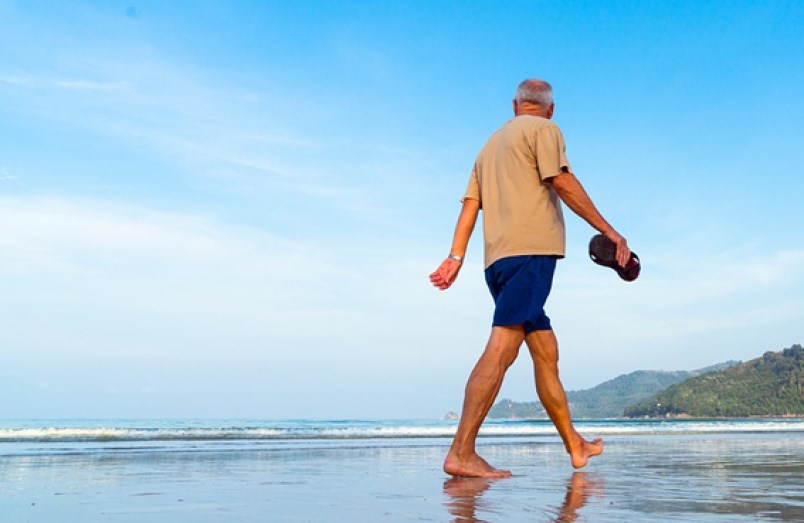On June 27 we celebrate Canadian Multiculturalism Day all across the country.
According to the Government of Canada website: “Canadian Multiculturalism Day is an opportunity to celebrate our diversity and our commitment to democracy, equality and mutual respect and to appreciate the contributions of the various multicultural groups and communities to Canadian society.”
Canada has celebrated multiculturalism since 1971 when it created an official multiculturalism policy – it’s recognized that immigrants bring a host of skills, talent, energy and economic value to our province. The provincial government states: “B.C.’s multicultural society is a key incentive to attract newcomers to our province and help address our regional skill shortages and grow our economy. With one million job openings expected by 2020 in B.C., immigrants will play a vital role in the economic well-being of the province.”
And the North Shore Immigrant Inclusion Partnership Program (NSIIP) website cites data from the 2016 Canadian Census, showing that on the North Shore immigrants make up 36.2 per cent of the total population. A further breakdown shows that immigrants make up 44.7 per cent in West Vancouver, 31.2 per cent in the District of North Vancouver and 38.2 per cent in the City of North Vancouver.
Folks from Iran head the list of immigrants, with those from China a close second and those from the Philippines third. Other immigrant groups include those from the United Kingdom, the United States, South Korea, South Africa, India, Mexico and Australia.
What does this have to do with seniors? Well, immigrants – and particularly seniors – can face a number of issues including language barriers, inadequate housing, and difficulty navigating a new land and culture.
Older immigrants may also have to deal with added hurdles such as poor mobility and accessibility to services. Some seniors who immigrate may not be socially connected to their community and perhaps their families, making it difficult to feel settled. They may find that their children who are their first point of contact may be busy working and dealing with their own issues of settlement.
If you are an immigrant senior or know an immigrant senior on the North Shore who needs support there are programs to help. The North Shore Multicultural Society, often in partnership with other groups, offers various programs and services for immigrant seniors such as free English language programs, seniors’ social clubs and information, orientation and referral services in a number of languages including Farsi, Korean, Tagalog, Mandarin and Cantonese. For more information you can phone 604-988-2931.
The NSIIP, run under the auspices of the North Shore Multicultural Society, is aimed at making a difference for immigrant seniors. They are working on a three-year strategic plan focused on reducing systemic barriers to immigrant integration at local and regional levels.
On June 27 a special event will be held called Open Arms Project at the Tsleil-Waututh Community Centre located at 3010 Sleil-Waututh Rd. in North Vancouver. The event is described as a day for seniors “that highlights and celebrates the essence of Canada in its many shared cultures.”
The organizers, one from the Squamish Nation Better at Home Program and the other from the North Shore Better at Home Program, are offering workshops, free food and a chance to mingle and socialize. All North Shore seniors are welcome to come at 10:30 a.m. to register for this great event celebrating our multicultural society.
Margaret Coates is the co-ordinator of Lionsview Seniors’ Planning Society. She has lived on the North Shore for 48 years and has worked for and with seniors for 21 of those years. Ideas for future columns are welcome Email: [email protected].
What are your thoughts? Send us a letter via email by clicking here or post a comment below.



